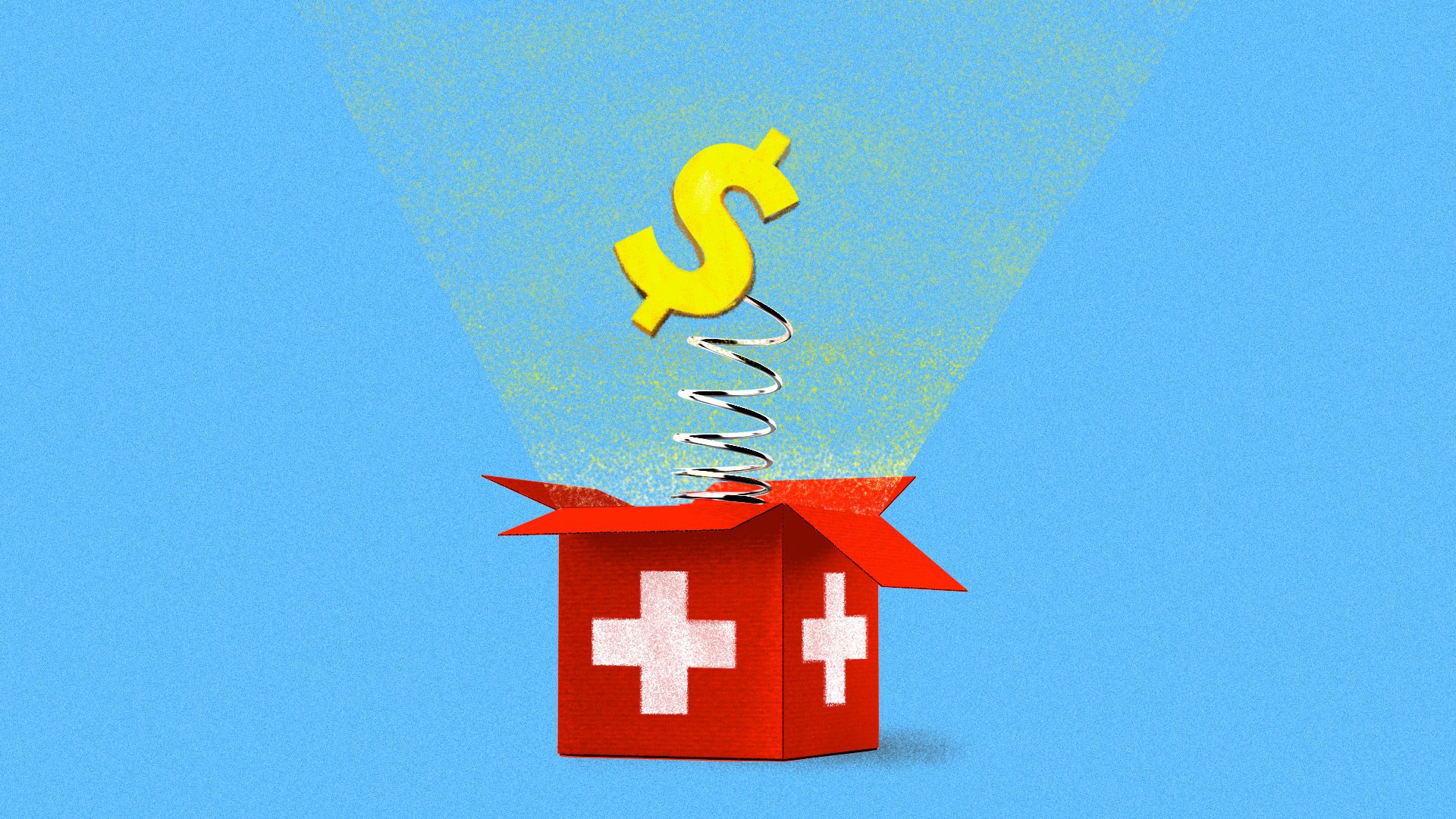Feb 12, 2020 - Health
Elective surgery's surprise medical bill risk
Add Axios as your preferred source to
see more of our stories on Google.

Illustration: Lazaro Gamio/Axios
Add Axios as your preferred source to
see more of our stories on Google.

Illustration: Lazaro Gamio/Axios